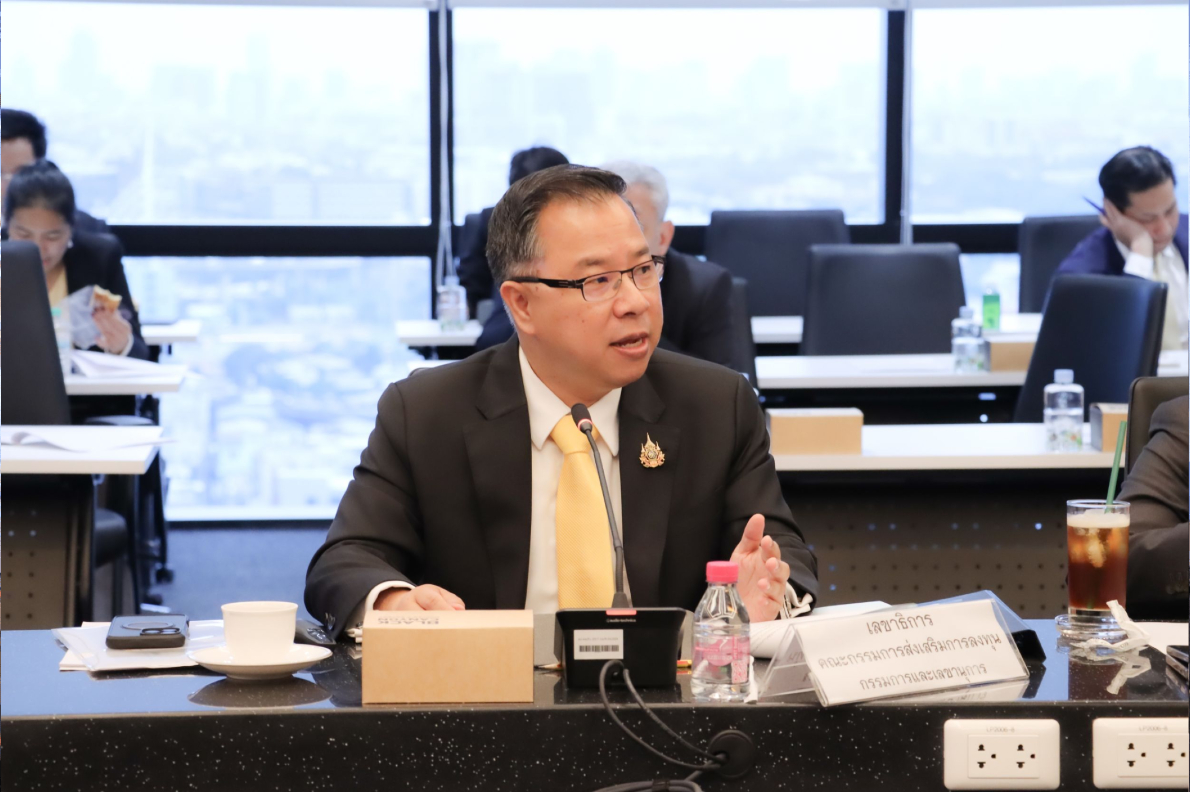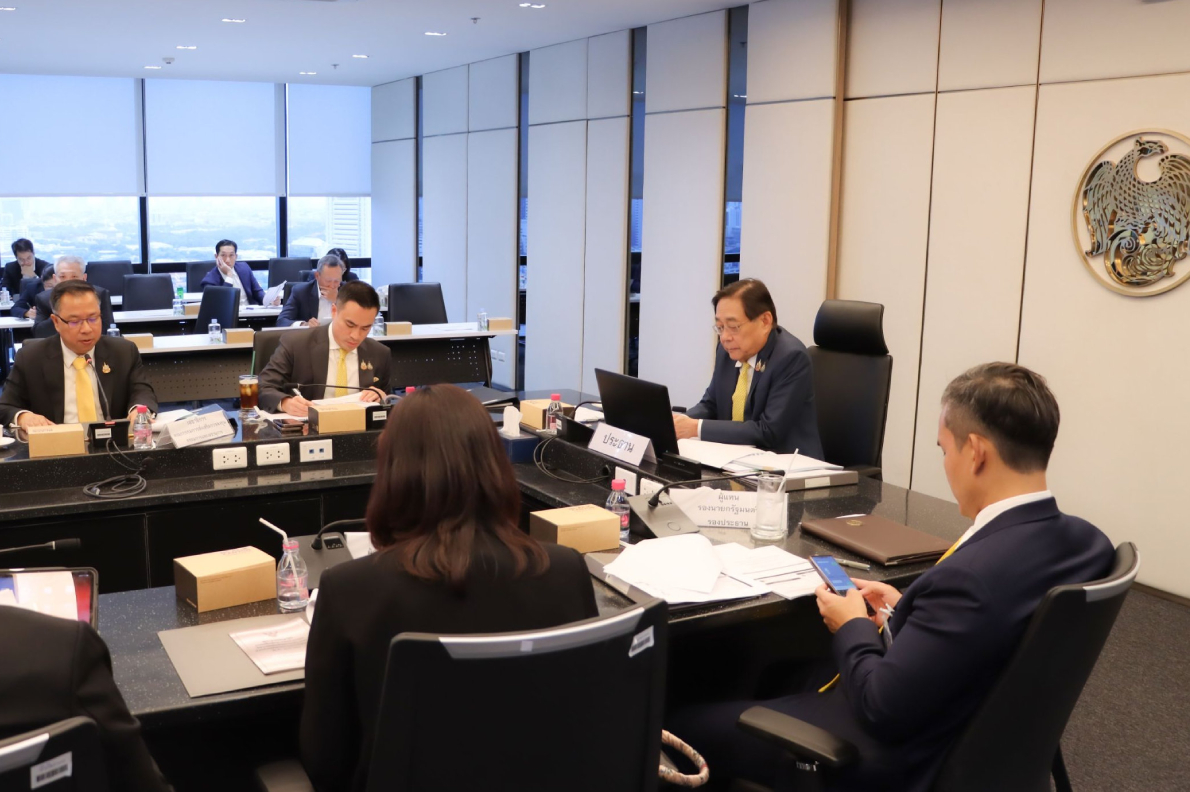
Thailand’s Commission on the National Competitiveness Enhancement for Targeted Industries Policies, for which the Thailand Board of Investment (BOI) acts as the secretariat, approved to amend the National Competitiveness Enhancement for Targeted Industries Act of B.E. 2560 (2017) to add new rights and investment incentives, including tax credit refunds, within the framework of the adoption of the Global Minimum Tax (GMT), or Pillar Two, of the Organisation for Economic Co-operation and Development (OECD).
The Commission will now forward the amendment to the Cabinet for final approval before the legislative process. The Revenue Department will also in parallel adjust tax regulations to allow the implementation of the changes in compliance with the OECD’s Qualified Refundable Tax Credits (QRTC). Under the OECD terms, the QRTC are treated as income for Pillar Two purpose.
In view of the enforcement, since January 1, 2025, of the GMT at a minimum rate of 15% on multinational companies with a consolidated group revenue above 750 million EUR, the BOI has been revising its policies to mitigate the new regulation’s impact on investments. It is expected that around 1,500 companies investing in Thailand are likely to be affected by the GMT, the majority of which are foreign companies, with approximately 100 Thai companies also concerned.
"These changes to the legislative and regulatory framework are significant steps in building confidence from global investors,” said Mr. Narit Therdsteerasukdi, Secretary General of the BOI, after the Commission’s meeting which was chaired by Deputy Prime Minister and Minister of Finance, Mr. Pichai Chunhavajira. "The new global tax competition rules present a significant opportunity to attract quality investments to enhance our R&D capabilities, develop a qualified workforce, and creating an ecosystem conducive for tech investment in the country.”
QRTC will be provided to promoted companies for investments or expenditures in areas such as research and development, advanced skills development, production efficiency improvement, and sustainable investment, to enhance their competitiveness. These tax credits can be used to deduct various tax payments, or, if promoted companies have remaining tax credits, they can also claim cash refunds that will provide liquidity for business development.

"QRTC in the current global tax environment will be an effective tool to mitigate the impact of the effective tax rate (ETR).” Mr. Narit added.

Revision of Measures to Support Startups
Also today, the Commission approved revised measures to promote high potential startup enterprises operating from the Pre-Series A to Series A level with a focus on the development of deep tech in sectors in which Thailand has a strong potential, such as agriculture and food, biotechnology, robotics and automation, AI technology, medical technology, and green industries.
Qualified Thai startups with high growth potential may receive cash support of up to 20 million baht (ca. USD 620,000) in the form of matching funds. The policy aims to help increase the country's competitiveness and help foster an economy driven by technology and innovation.
